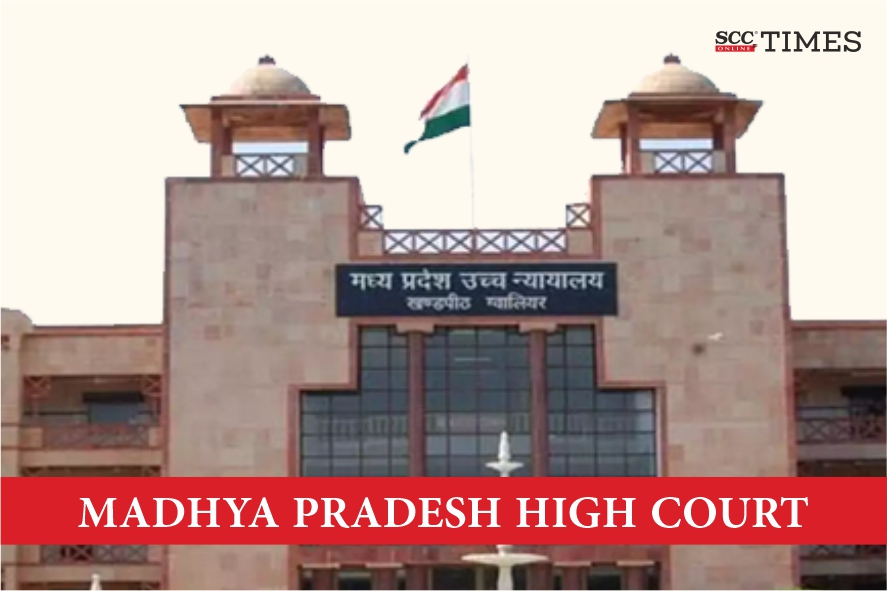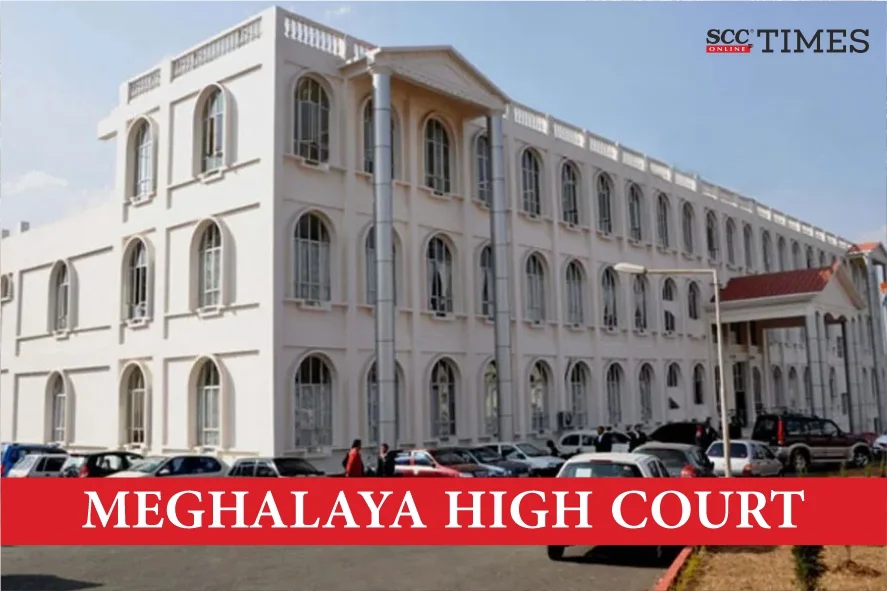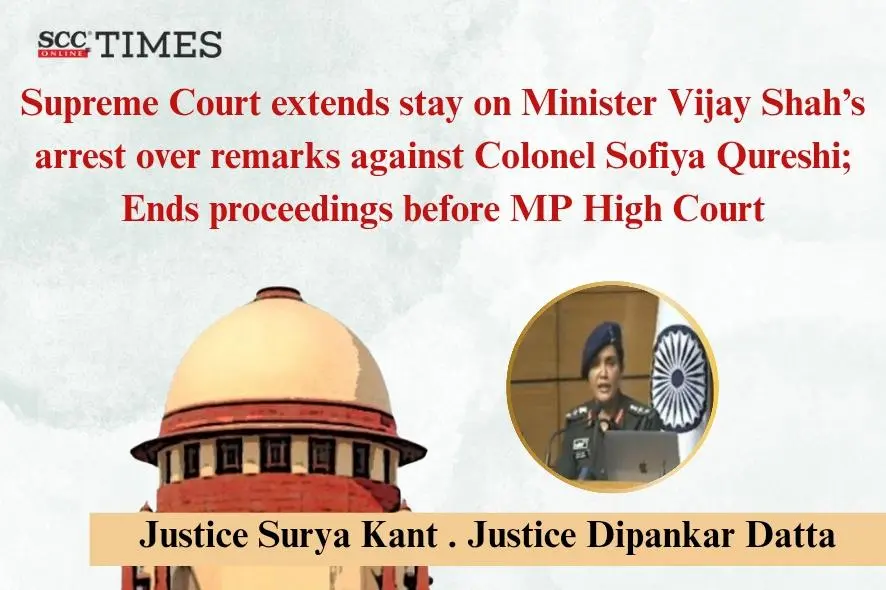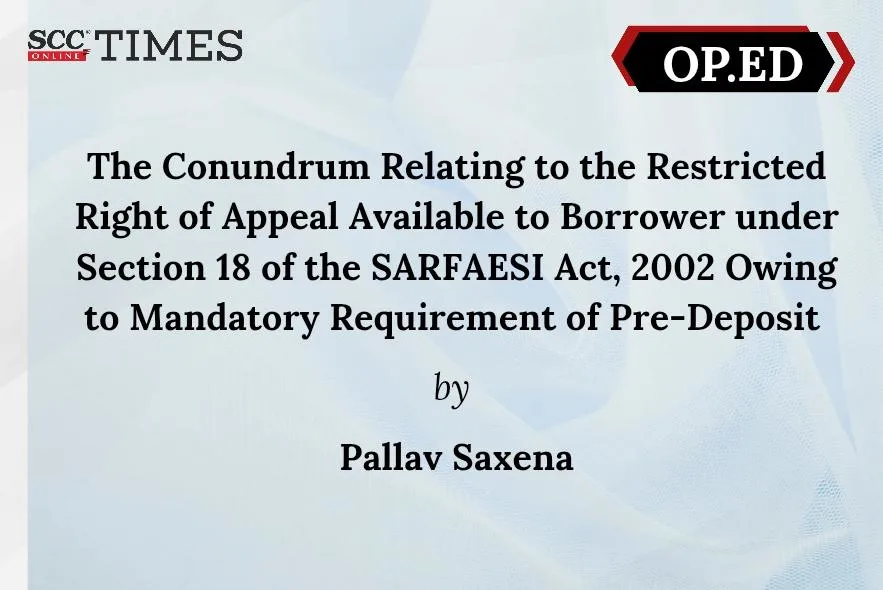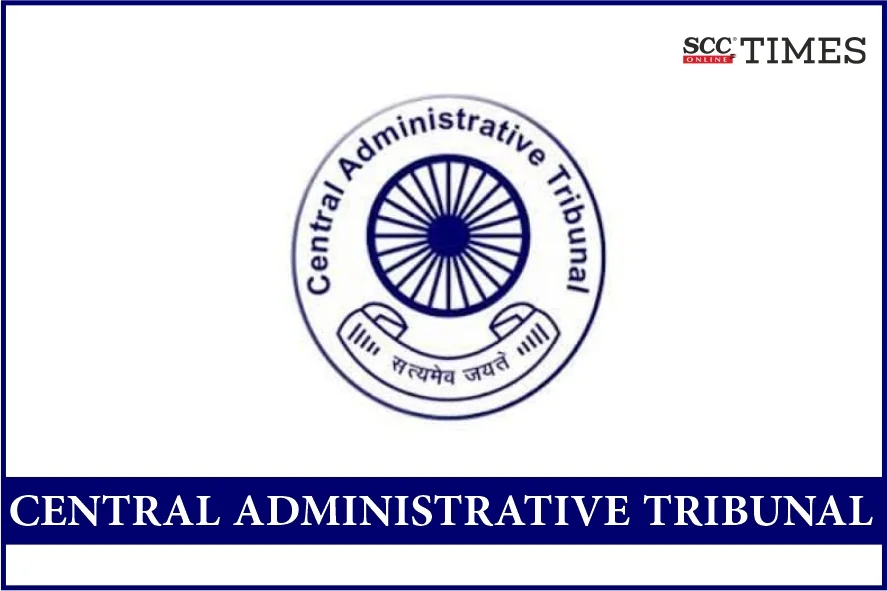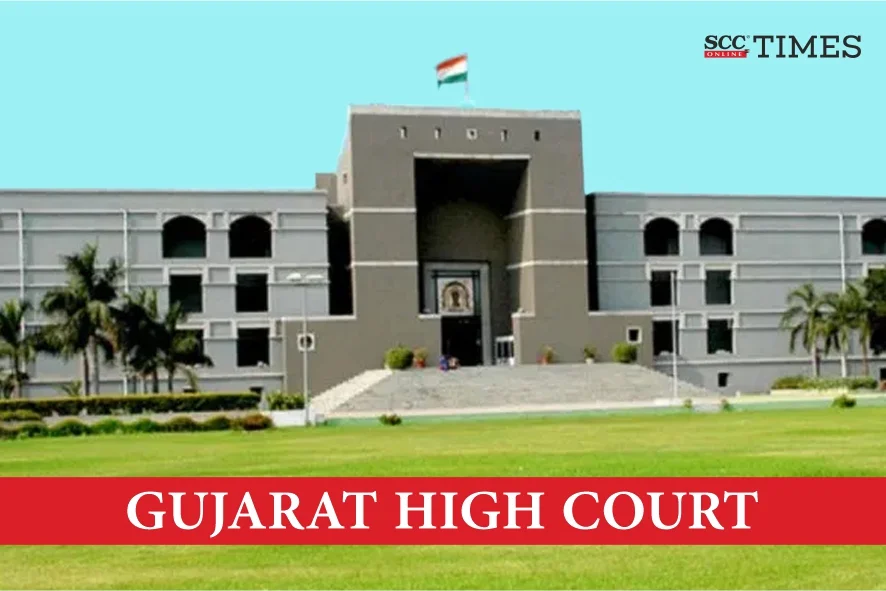Madhya Pradesh High Court: In a writ petition filed against the respondents including State of Madhya Pradesh and Deputy Commissioner of Police, Indore (DCP), for issuing notice against the Advocate to appear before him and give his statements under Section 161 of the Criminal Procedure Code, 1973 (CrPC) and also signature specimen, a single-judge bench of Subodh Abhyankar, J., formally quashed the notice and made the interim order dated 13-03-2025 absolute.
In the instant matter, a writ petition originated from a case registered under Sections 420, 409, and 406 of IPC at Police Station Banganga, Indore, concerning allegations of financial fraud amounting to crores of rupees. The petitioner challenged the improper investigation in the case and sought a fair and unbiased probe. The writ petition was disposed of on 19-11-2024.
The advocate, who represented the petitioner, was later served a notice dated 11-03-2025, by the Deputy Commissioner of Police (DCP), Zone-3, Indore, purportedly under Sections 91 read with 160 of CrPC, directing him to appear and provide signature samples. The Court, ide order dated 13-03-2025, passed an interim order staying the operation of the notice and restraining DCP from investigating the matter.
The DCP subsequently filed an affidavit and stated that the notice had been withdrawn, and that the presence of petitioner’s advocate is no longer required. However, the accused filed an intervention application seeking to justify the notice issued to petitioner’s advocate.
The petitioner contended that the notice exceeded the jurisdiction of the DCP and set a dangerous precedent for the legal fraternity. It was contended that the issuance of the notice was unjustified as the petitioner’s advocate was neither an accused nor a witness in the case.
However, the accused-intervener contended that the police have the authority to summon any individual, including a practicing advocate, if required for investigation. The intervener relied on A.V. Pavithran v. CBI, 2024 SCC OnLine Bom 1158, where the Bombay High Court recognised the police’s power to summon an advocate.
The Court noted that the notice issued to the petitioner’s advocate should not have been issued in the first place as he was neither an accused nor a witness. The Court made reference to Section 126 of the Evidence Act, 1872,1 which protects professional communications of an advocate unless made in furtherance of an illegal act. The Court found no evidence that the petitioner’s advocate was involved in any unlawful activity.
The Court criticised the intervener for unnecessary interference in the matter between the advocate and the police and rejected the argument that he could be summoned under Section 160 CrPC. The Court distinguished A.V. Pavithran (Supra) as even in this case, the notice to the advocate was quashed.
Although the notice dated 11-03-2025, already withdrawn, the Court formally quashed the notice and made the interim order dated 13-03-2025 absolute. The Court rejected the intervener’s application with costs of Rs. 10,000/- to be deposited in the account of the High Court Employees Union within 15 days. The Court further declined to order a transfer of investigation but left the decision to the Commissioner of Police, Indore.
[Praram Infra v. State of M.P., 2025 SCC OnLine MP 2737, Decided on 27-03-2025]
Advocates who appeared in this case:
Shri Divyakant Lahoti with Shri Rakesh Maheshwari and Shri Rahul Maheshwari, Counsel for the Petitioner
Shri Anirudh Malpani, G.A. on behalf of Advocate General, Counsel for the Respondent
Shri Satish L. Maneshinde, senior counsel with Shri Priyank Upadhyay, Shri Anupam Shukla, Ms. Shivali Sharma and Shri Anadi Kumar Taylor, Counsel for the Intervenor
Buy Code of Criminal Procedure, 1973 HERE
Buy Penal Code, 1860 HERE
1. Section 132 of the Sakshya Adhiniyam, 2023.


